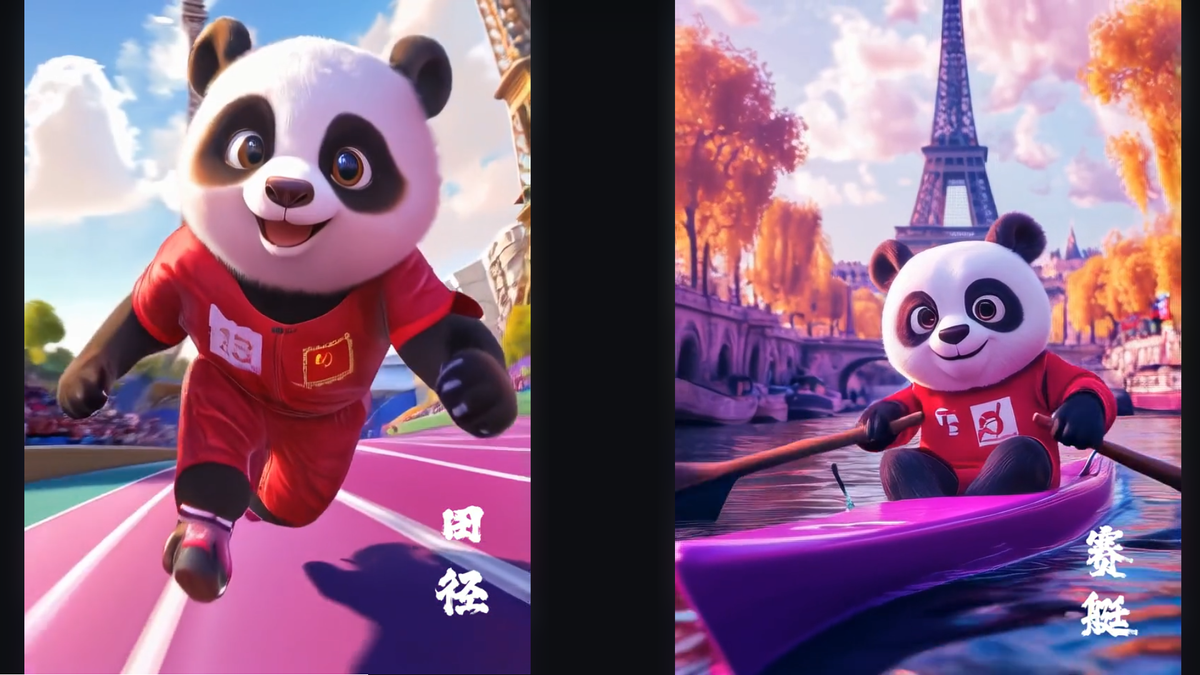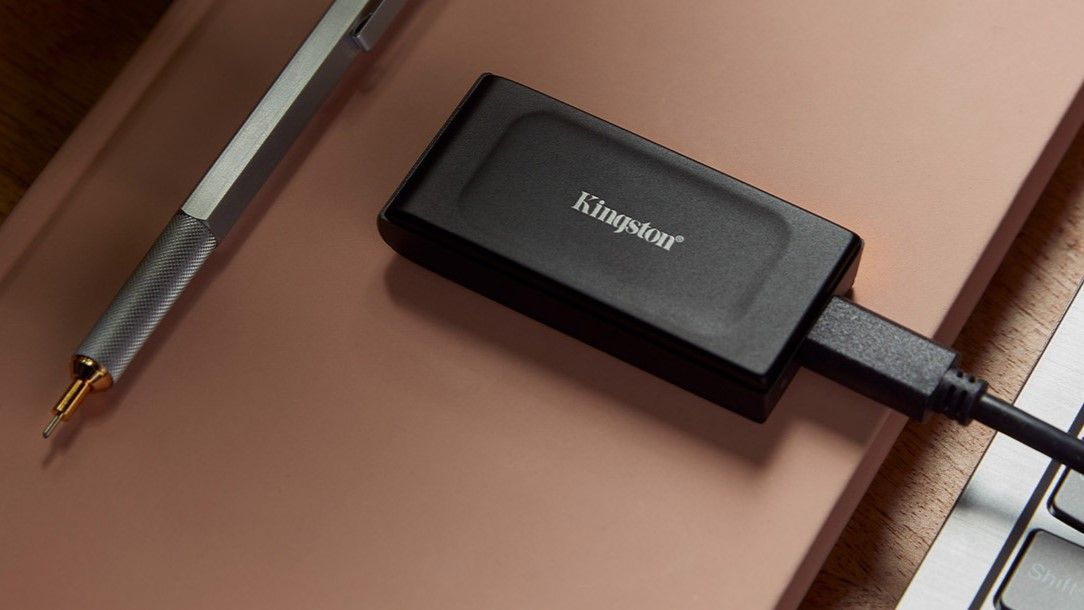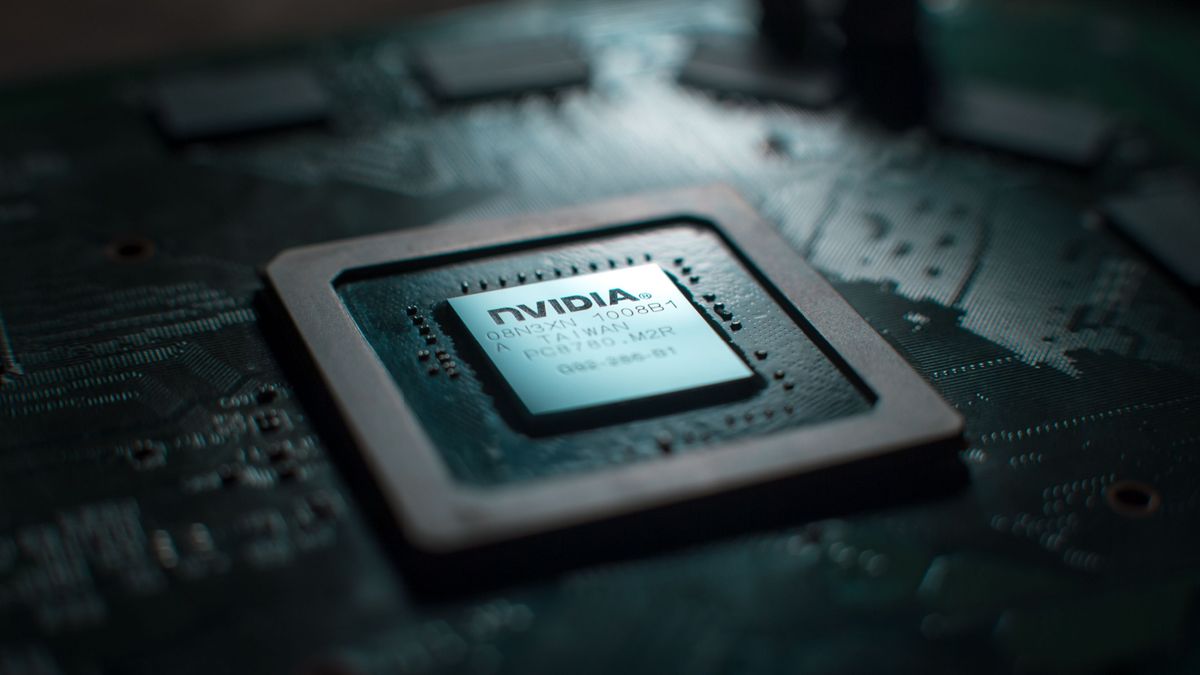TikTok video creators could soon add AI-generated content to their dance routines. ByteDance, TikTok’s parent company, has unveiled a new text-to-video mobile app exclusively for the Chinese market called Jimeng AI. Although geographically limited for now, Jimeng could become a serious rival to other AI video creators, notably OpenAI’s Sora.
Like other AI video creation platforms, Jimeng processes text prompts and creates short videos that attempt to match the description provided by the user. In this case, that means prompts written in Chinese, which isn’t an option that all AI video creation tools offer. Jimeng (which means “dream” in Chinese) could be used for all kinds of entertainment, marketing, education, and other purposes. Jimeng also offers an AI text-to-image generator as part of the overall package.
While the Android and iOS apps are only available for download in China, that’s still a huge potential customer base that ByteDance could tap into for use with its other products. There’s no direct link to TikTok, but videos are automatically formatted in a way that’s perfect for the social media video platform. If you’re in China, you can subscribe to Jimeng and make around 168 videos or 2,050 images a month at a cost of 69 yuan ($9.65) for a monthly subscription, 79 yuan for a one-month trial, or 659 yuan a year.
Jimeng’s website highlights a wide range of both realistic and cartoon-like videos. Examples include remarkable consistency even in the compilation of clips, as can be seen in the video below. The caption (provided by Google Translate) explains: “The national treasure panda team is also participating in the Paris Olympics! The Paris Olympics are in full swing. Through the use of artificial intelligence videos, China’s national treasure panda Huahua is personified and portrayed as a Chinese athlete, representing the Chinese Olympic athletes bravely fighting in the Paris Olympics and winning the gold medal.”
Global dream
Interest in AI video producers is quickly being reciprocated by a wealth of options from new and existing AI developers. OpenAI garnered a lot of attention when it announced Sora and has already deployed the model for commercial use, such as the recent short film for Toys “R” Us. However, as impressive as it is, Sora is not yet available for public use, creating a window of opportunity for other brands including Runway and Midjourney. Jimeng is not alone among China-based AI video creators either. There are several startups with a variation on the theme. Notably, Chinese digital content provider Kuaishou’s app is available worldwide, making its Kling AI text-to-video model much more accessible.
For ByteDance, Jimeng AI can help expand its place in consumer technology, both independently and by expanding TikTok and making it more dominant in social video services. As these technologies continue to evolve, expect them to appear more frequently and perhaps even become universal, similar to how the video and photo filters once associated with Snapchat are now everywhere.
On the other hand, since ByteDance was forced to sell TikTok or withdraw it from the US market (it is currently fighting in court), Jimeng AI's global reach may be limited.









